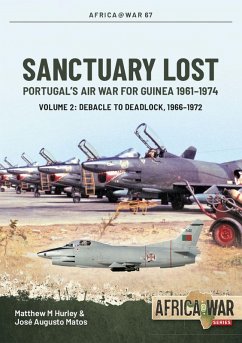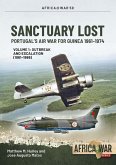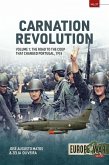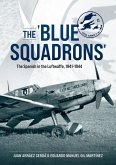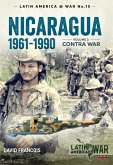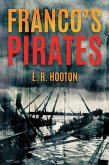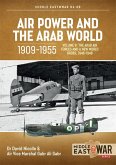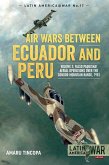From 1963 to 1974, Portugal and its nationalist enemies fought an increasingly intense war for the independence of "Portuguese" Guinea, then a colony but now the Republic of Guinea-Bissau. For most of the conflict Portugal enjoyed virtually unchallenged air supremacy, and increasingly based its military strategy and political pacification program on this singular advantage. The Portuguese Air Force (Força Aérea Portuguesa, abbreviated FAP) consequently played a crucial role in the Guinean war. Indeed, throughout the conflict, the FAP - despite the many challenges it faced - proved to be the most effective and responsive military argument against the PAIGC rebels, which was fighting for the colony's independence from European rule.The air war for Guinea stands as a remarkable episode in air power history for several reasons. It was, for example, the first conflict in which a non-state irregular force deployed defensive missiles against an organized air force. Moreover, the degree to which Portugal relied on its air power was such that its effective neutralization doomed Lisbon's military strategy in the province. Ultimately, the FAP's unexpected combat losses initiated a cascade of effects that degraded, in turn, its own operational initiative; the battlefield effectiveness of increasingly air-dependent ground forces; Portuguese military morale and national resilience; and ultimately, Lisbon's tenability as an imperial power. The air war for Portuguese Guinea thus represents a compelling illustration of the value - and vulnerabilities - of air power in a counter-insurgency context, as well as the negative impacts of overreliance on air supremacy.This, the second of three volumes in the Sanctuary Lost mini-series, examines the evolution of Portuguese air power and guerrilla air defenses during the conflict's most active years, as both sides sought the means and methods required to counter the other's efforts to control Guinea's airspace. It is richly illustrated throughout with original photographs and includes specially commissioned color artworks.
Dieser Download kann aus rechtlichen Gründen nur mit Rechnungsadresse in A, B, BG, CY, CZ, D, DK, EW, E, FIN, F, GR, HR, H, IRL, I, LT, L, LR, M, NL, PL, P, R, S, SLO, SK ausgeliefert werden.

